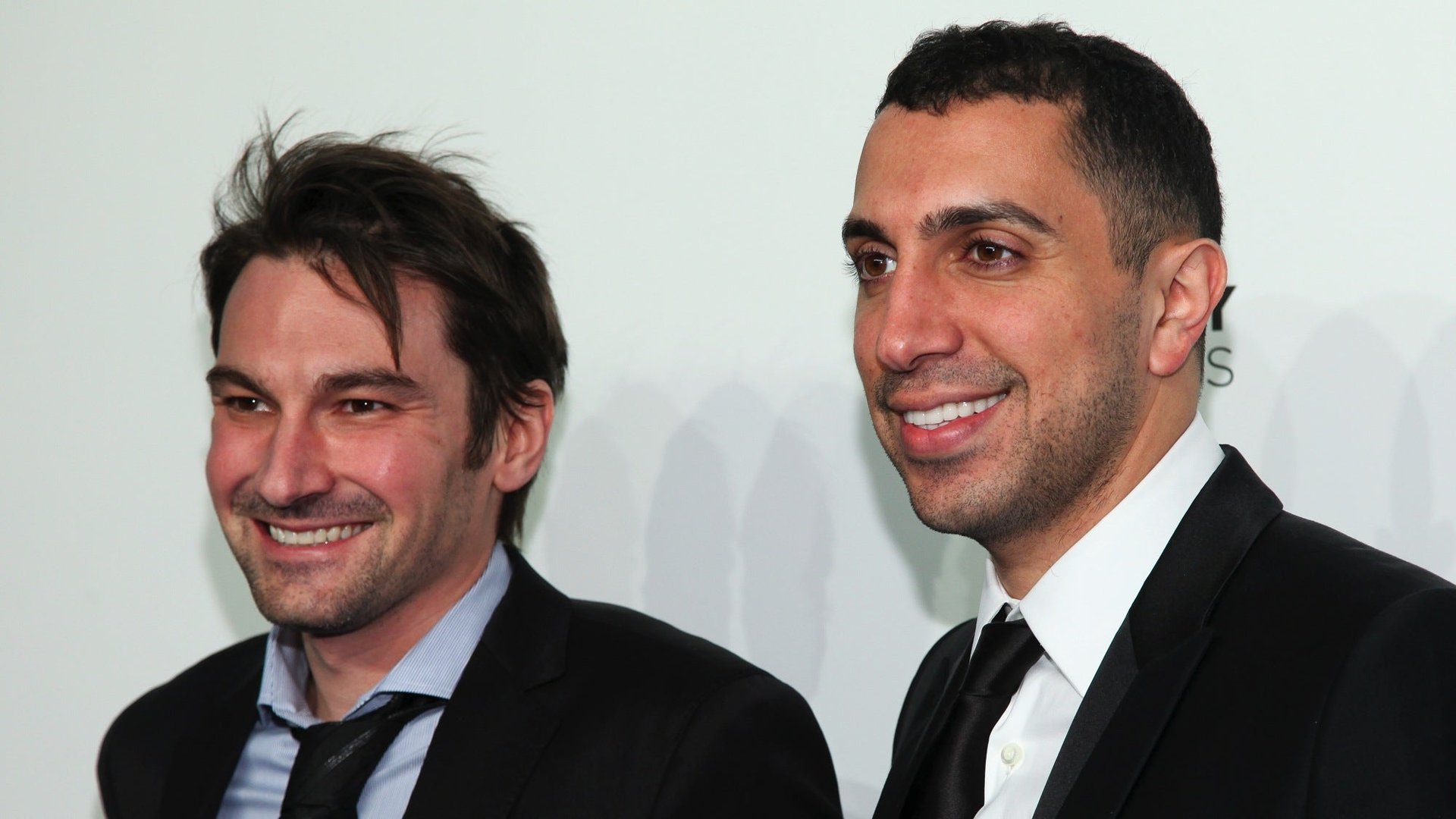When only a company founder can help the business
Tinder co-founder Sean Rad is back on top.


Tinder co-founder Sean Rad is back on top.
The 29 year old who started the buzzy dating app in 2012 is reclaiming the company’s top spot following the swift resignation of Chris Payne, the former Microsoft and eBay executive who was hired only four months ago to bring some adult supervision to the rapidly-growing company.
“It’s only been a few months, but there was mutual agreement here that it was not the right long-term fit, and given Tinder’s rapid growth trajectory both [Payne] and the Board thought prompt action was best,” said Matt Cohler, of Benchmark, a Tinder director, in an Aug. 12 news release.
Rad had been sidelined after a sexual harassment suit against Tinder by a former employee, despite what he called his ”strong disagreement” with the decision made by Tinder’s parent company, IAC/Interactive, to demote him to president earlier this year.
But his return fits nicely in a well-known playbook of company turnaround plans. And it comes in a long line of redemption stories led by cofounders who were either pushed aside in favor of more experienced management or stepped down to run other businesses.
Venture capitalist Ben Horowitz puts it simply:
Founding CEOs naturally take a long view of their companies. The company is their life’s work. Their emotional commitment exceeds their equity stake. Their goal from the start is to build something significant. They instinctively know that big product cycles come from investment and that even the biggest product cycles will eventually fade. Professional CEOs, on the other hand, tend to be driven by relatively shorter-term goals. They are paid in terms of stock options that vest over 4 years and cash bonuses for quarterly and yearly performance.
Perhaps there’s no story more famous than Steve Job’s triumphant comeback to Apple in the 1990s after being unceremoniously pushed out by its board a decade before. However, Yahoo cofounder Jerry Yang’s botched return back in 2007 shows a cofounder’s return doesn’t always guarantee a company’s salvation.
In the past year alone, cofounders of Twitter, Reddit, and Zynga have all returned to run the companies they helped create—a popular way for companies to reset investor expectations after mishaps and rally employees around a turnaround plan.
At Reddit, for instance, co-founder and original CEO Steve Huffman took over in July following a revolt by Reddit users and the messy resignation of interim CEO Ellen Pao.
“The only person who can tell the [Reddit] community, hey, here’s how its going to be from now on is a founder; that’s the level of authority it will take,” former Affirm CEO and former PayPal co-founder Max Levchin told Bloomberg News.
Perhaps Tinder’s decision to get back together with Rad will have the same effect.
A brief list of famous founder returns:
Twitter: Co-founder Jack Dorsey came back to lead the company in June after CEO Dick Costolo stepped down from the post amid struggles to grow its user base. Since Dorsey is still leading Square, the other company he founded, it’s unclear how long he’ll stay on board.
Reddit: Brought back co-founder and original CEO Steve Huffman in July afterEllen Pao, interim CEO and former Kleiner Perkins venture capitalist, resigned over a controversial firing of a popular employee. Huffman says he wants to bring back peace to the Reddit community and move it into the mobile era.
Zynga: The gaming company that created FarmVille brought back founder Mark Pincus as CEO in April, after Don Mattrick, a former Microsoft CEO, failed to execute on a turnaround plan aimed at helping the company better compete in mobile gaming. Pincus seems to be stopping the bleeding, but its player numbers continue to drop and the company is still losing money.
Yahoo: The floundering Web portal said in April it would bring back co-founder David Filo to serve on the company’s board. Filo co-founded the company in 1994 with Jerry Yang, who was also brought back as CEO from 2007 to 2009 in an effort to restructure the company and better compete with Google. However, Yang’s return famously flopped as a result of a botched takeover offer from Microsoft.
Starbucks: The coffee chain’s founder, Howard Schultz, returned as CEO in 2008 to restructure the company, after sales sunk and shares were pummeled during the economic downturn. The move has been successful—its customer visits are up and profits are soaring.
Dell: Michael Dell came back in 2007 to lead the company after the computer maker he founded began to crater as consumers shifted away from personal computers. Dell failed to turn around the public company and faced a protracted battle with activist investor Carl Icahn, but he eventually prevailed and took the company private—which he says is paying off.